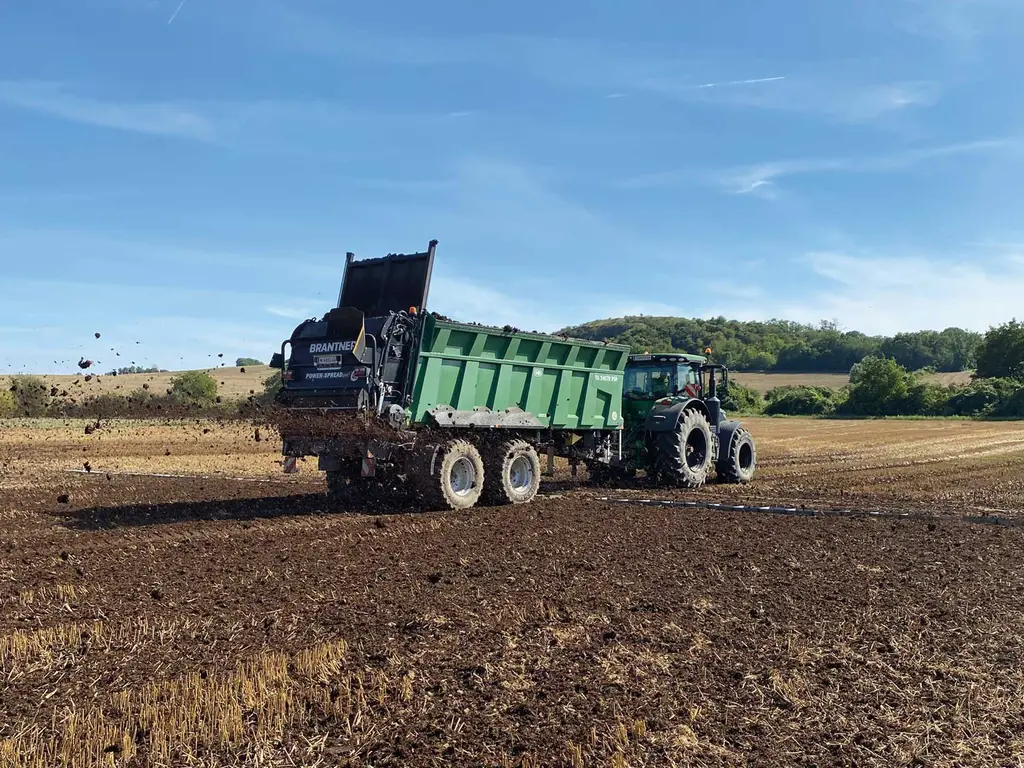The 64th DLG Grass Conference took place in November 2024 in Bonn. More than 70 participants took the opportunity to exchange ideas on the diverse topics of seed production, which are becoming increasingly important.
Agriculture is facing major challenges: By 2030, 30 percent of farmland should be managed organically, the use of crop protection products must be reduced by 50 percent, and the ban on the herbicidal active ingredient flufenacet is under discussion. How is the agricultural sector responding to these challenges? The diverse program also provided an outlook on future developments in seed production.
More Exceptions in Seed Law
The event began with a focus on successful seed production, particularly regarding the revision of the EU's common seed legislation. This revision aims to replace ten existing directives, such as those for fodder plants or cereal seeds, and to reform plant health, control, and organic regulations. Not all changes are met with approval—especially the adjustment of the approval process is causing debate, as it would eliminate the "trade seed" category while significantly expanding the exceptions to general seed law.
Targeted Adaptation to Pests
Beyond political and economic aspects, agriculture is increasingly affected by biological and climatic changes. New breeding methods, such as targeted adaptation to pests or more efficient use of water and nutrients, offer potential solutions. Important discussions were held on the EU Commission's proposal for the "Regulation on plants obtained through certain genomic techniques (NGT) and the food and feed derived from them."
Use of Scent Substances
Innovations such as the KleeLutz project, which promotes the cultivation and utilization of small-seeded legumes, also contribute to the further development of the industry. To tackle the challenges of climate change, innovative solutions like the use of scent substances to control the bean beetle were discussed.
Lodging Resistance in Grasses
Other topics at the Grass Conference included Controlled Row Farming, where all field operations are aligned with the row structure. Breeding efforts focus on improving the lodging resistance of grasses. An impressive practical example was presented by the Bioland farm Mühlenhof Zepelin. With a crop rotation that includes 19 different plant species, Benedikt Ley-Röckenwagner demonstrated how organic farming and high-yield seed production, particularly of perennial ryegrass and red clover, can be successfully combined.
Twelve renowned speakers provided exciting insights into trends, innovations, and future challenges at the Bonn conference. Their contributions were intensively discussed in the expert forum and helped strengthen the professional network. Once again, exciting topics will be on the agenda at the 2025 Grass Conference on November 4, 2025, in Bonn.

















